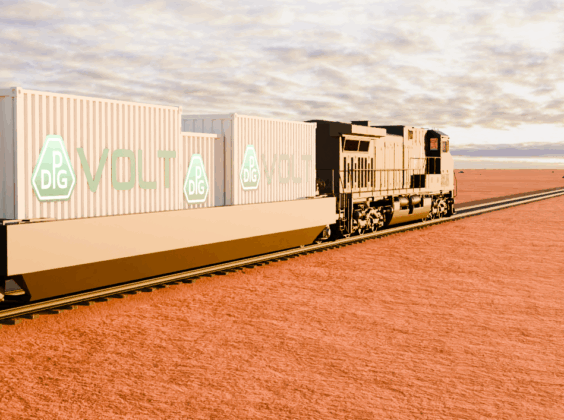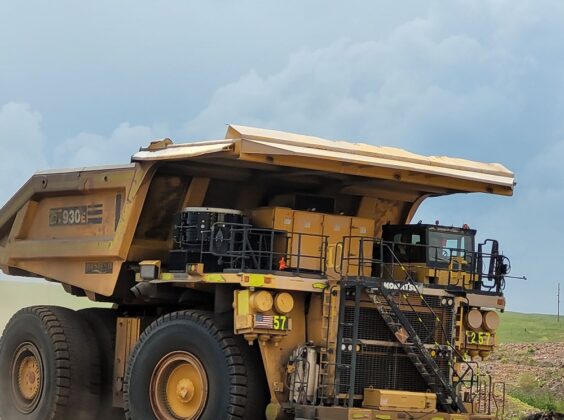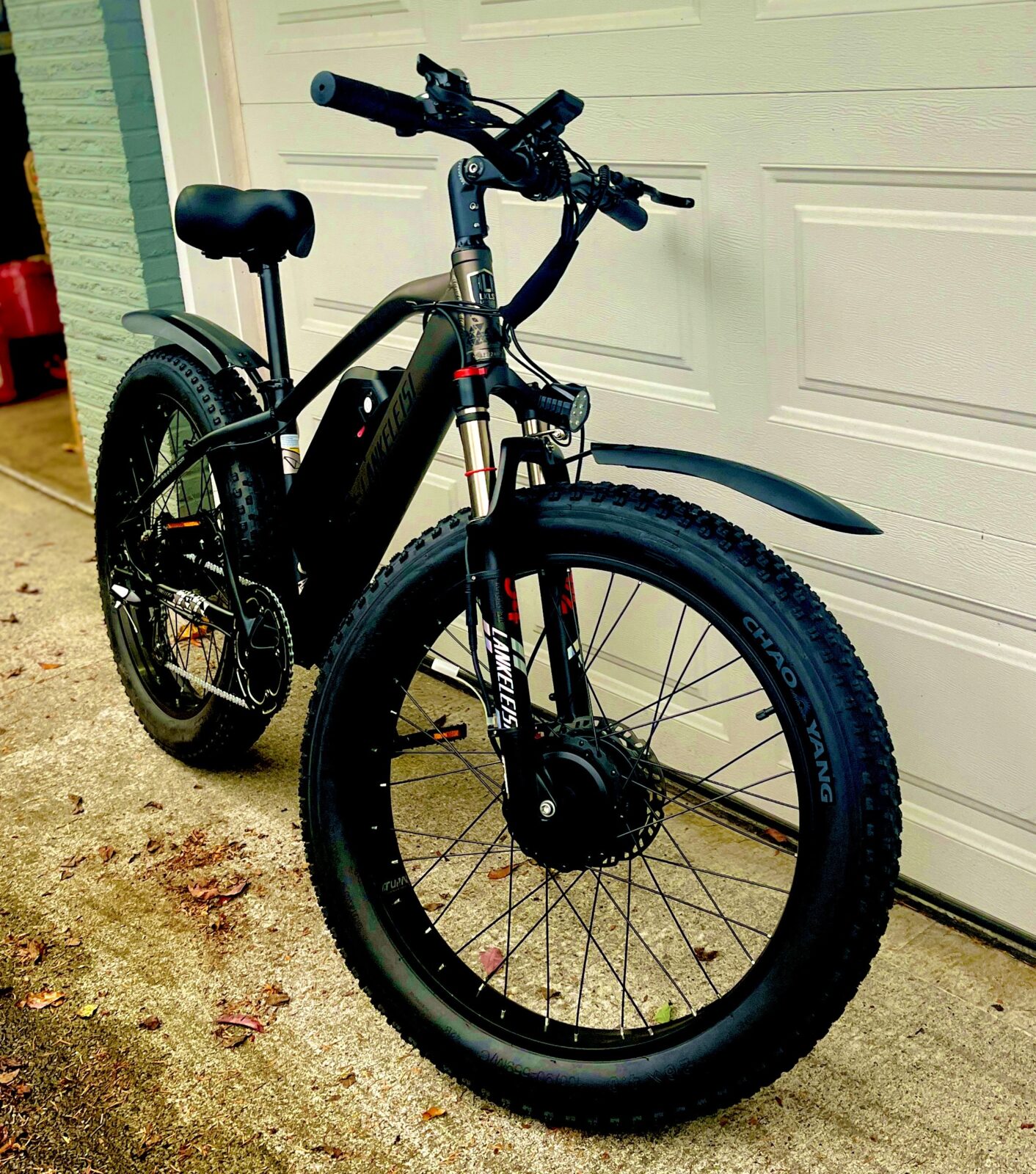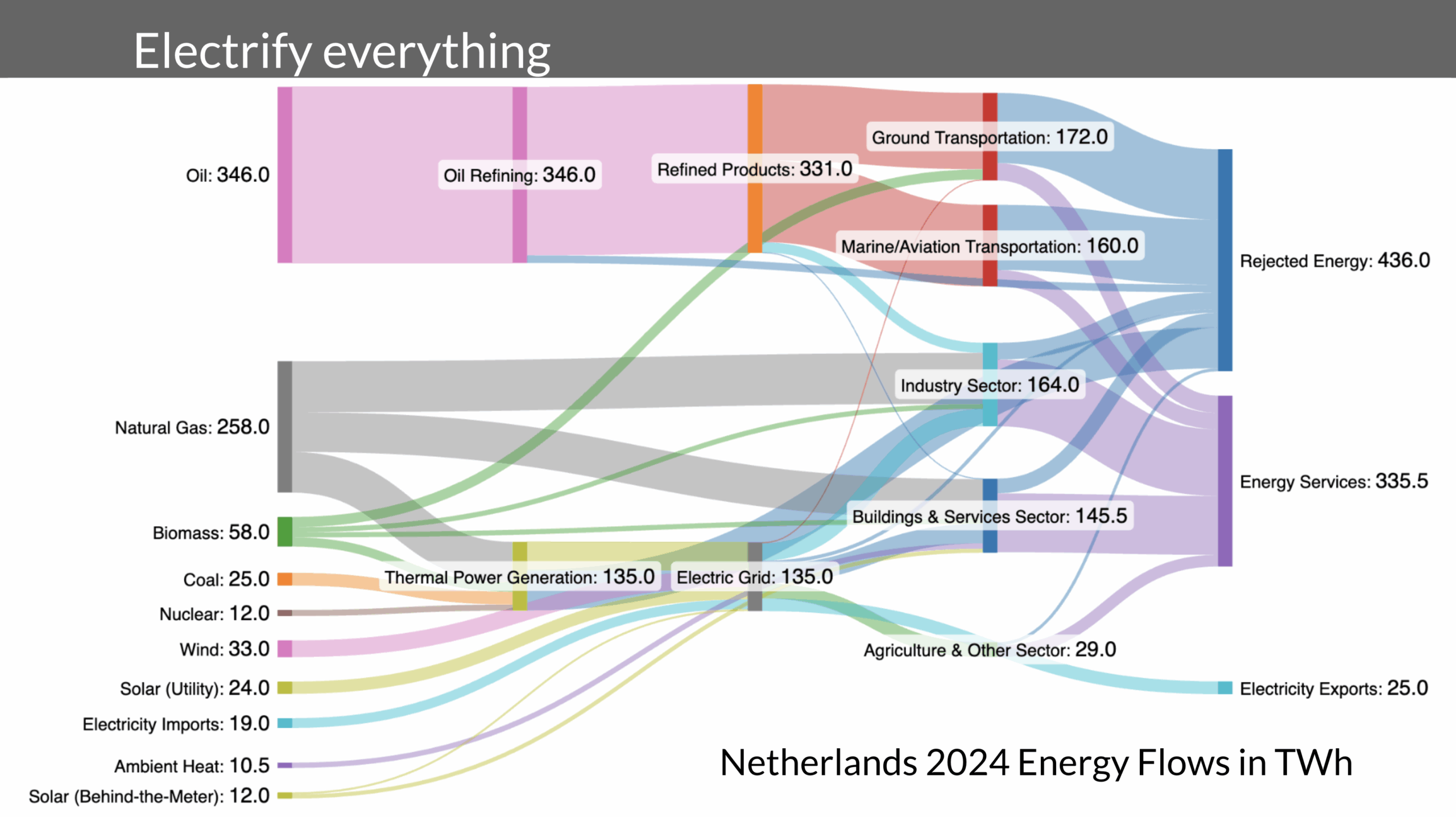Since 1939, Dayton-Phoenix Group has been a partner in heavy industry, supplying mission-critical solutions across rail, mining and other off-highway markets.
With decades of experience operating in the world’s harshest environments, it has achieved a reputation for durability, scale and staying power.
The company, as it looks ahead, is focused on providing practical and responsible solutions: delivering fiscally conservative, return on investment-driven technology that reduces fuel use, improves efficiency, cuts maintenance costs and extends asset life.
“The socially responsible by-product of this approach is meaningful sustainability with lower emissions and helping operators towards net zero carbon goals,” Jacob Dahle, Head of Sustainability and Growth, says.
As a mainstay at The Electric Mine conference series (produced by International Mining Events) and with several of the company’s electrification and decarbonisation projects reaching major milestones recently, IM touched base with Dahle and John Gordon, Chief Commercial Officer, to find out more.
SYNC, VOLT, APEX
In looking to provide solutions that offer return on investment, reduced maintenance, fuel savings and the ability to implement these solutions with minimal disruption to existing fleets, Dayton-Phoenix has come up with several platforms worth exploring.
Included within this is APEX, a solution designed as an aftermarket upgrade to the existing dynamic braking system on Komatsu trucks; SYNC, a platform combining APEX radial grid technology with a high-power battery pack to capture braking energy and reduce engine load during haul cycles; and VOLT, a modular, swappable battery-electric tender that integrates with existing diesel locomotives.
Engineered to fit the footprint of the OEM grid hatch – equating to no added deck weight and no structural modifications – SYNC accelerates return on investment while delivering higher continuous braking power, faster cycle times and increased truck availability, the company claims. This provides a 15-22% diesel reduction in a typical mine fleet, according to Dayton-Phoenix.
Dahle said the company is already exploring the integration of new and emerging battery chemistries alongside industry-trusted chemistries within the SYNC platform. The technology is battery-agnostic, enabling operators to take advantage of whichever battery type makes the most sense for their mine, he added.
Miners are also taking note of the company’s VOLT technology for the rail sector, realising the potential freight emission and cost benefits that could be had.
Dahle explains: “In heavy-haul rail, VOLT provides a modular, swappable battery-electric tender that integrates with existing diesel locomotives. It is designed to cut up to 77% diesel fuel consumption on certain routes, delivering both rapid return on investment and significant emissions reductions.”
Because VOLT is modular, it can scale from operators that have just a single locomotive to full-fleet deployment across a Class-1 railroad without requiring costly locomotive infrastructure overhauls, according to the company.
“The key benefit is flexibility: Operators can use their existing diesel-electric locomotives as full battery-electric or hybrid units with minimal modifications, while still maintaining the option for conventional diesel-electric operation as needed,” Dahle said. “This compatibility avoids the expense of new locomotive purchases, while driving millions in operating cost reductions per fleet lifecycle alongside meaningful sustainability gains.”

The new radial resistor technology that comes under APEX offers numerous advantages over the traditional box-style resistors, one of the most notable being a significant weight reduction, according to Gordon. “While theoretically, this could allow mines to haul additional payloads, it is more likely that they will continue hauling the same amount and benefit from fuel and maintenance savings due to the reduced weight,” he told IM.
Initially, this upgrade will be rolled out to the electric drive Komatsu haul trucks, with the 930E being the first retrofit option. In this regard, the company has been building real-world momentum through testing and validation of what it calls the APEX-930 on these trucks, putting the platform through its paces in demanding environments.
“The system has proven its strength…handling heavy payloads, reaching top operational speeds and delivering superior dynamic braking performance,” Dayton-Phoenix said recently. “APEX is built to outperform traditional hatch-style systems with a radial design that enhances cooling, extends service life and improves vehicle uptime.”

Dahle put some numbers behind these statements, saying the APEX-930 offers a circa-760 kg reduction on weight over the standard OEM solution, lowering strain on the deck. He also talked up a “significant” dBA decrease in sound during operation; a reduction in insulation stress and minimised dwell-related heating for longer grid life; plus lower lifecycle costs through reduced maintenance, fewer replacements and increased truck uptime, equating to hundreds of thousands of dollars per truck lifecycle.
Dahle concluded on the Dayton-Phoenix offering: “Overall, the common thread is practicality. These are things operators can put to work right now, get quick payback on, and move the needle on sustainability at the same time.”




